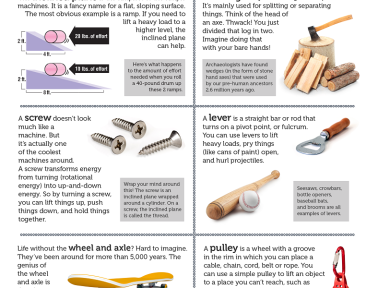I spoke with a writer recently, who wanted to talk with me about my views on zero tolerance policies as they apply in early childhood settings. As our discussion progressed, she essentially said, “You’ve mentioned before that preschoolers are being expelled at 3 times the rate of students K-12. Why do you think so many preschoolers are being expelled?”
I had to take a deep breath. There are a lot of reasons, really. But the strongest reason that came to my mind: push-down curriculum and a lack of developmentally appropriate practice.
Preschool is a great place to begin a love of learning and to start to learn basic academic skills like the ABCs and 123s. But a huge part of preschool is learning social skills. You’ve taken a group of young children with limited social skills and put them in a bustling social environment. Learning to navigate is one of the primary goals of that early experience.
But as academic expectations get pushed further down the grades, they begin to push out some of these social goals. Feeling the pressure to perform, many schools don’t feel they have time to teach about social skills, or to take time to model problem-solving.
In addition to crowding out some the social emphasis of preschool, the trickle down of academic standards (pushing 2nd grade curriculum to 1st, 1st to kindergarten, etc.) has also caused an increase in activities and expectations that just aren’t developmentally appropriate. More worksheets, less social play. To some it sounds like the key to academic success, but in reality it’s a recipe for disaster. And research backs it up.
Walter S. Gilliam, Phd, from the Yale University School of Medicine researched this preschool expulsion phenomenon. In a presentation to NAEYC in 2009 he shared that in addition to factors like class size, support programs, and teacher stress, dramatic play frequency also showed a correlation with expulsions. In programs where dramatic play took place almost every day, the expulsion rate was 9.4%. In programs where dramatic play took place once a month or never, the expulsion rate jumped to 25.5%. Similarly, programs with more frequent worksheet and flashcard use show a higher expulsion rate than those who use them rarely or not at all.
It could certainly be debated whether these activities directly contributed to children acting out (which is not uncommon when children are in developmentally inappropriate situations) or whether these practices are simply indicative of overriding program philosophies, which also influence behavior and responses to behavior. But what is clear is that, more than academics, preschoolers need responsive, developmentally appropriate, play-based social experiences to help them succeed.
To tag on to a popular quote, if children aren’t learning the way we teach, then why don’t we try teaching the way they learn — rather than simply pushing them out of the learning process?
What do you think? Why are preschoolers being expelled at such a high rate? What could be done about it?
<!–
–>










